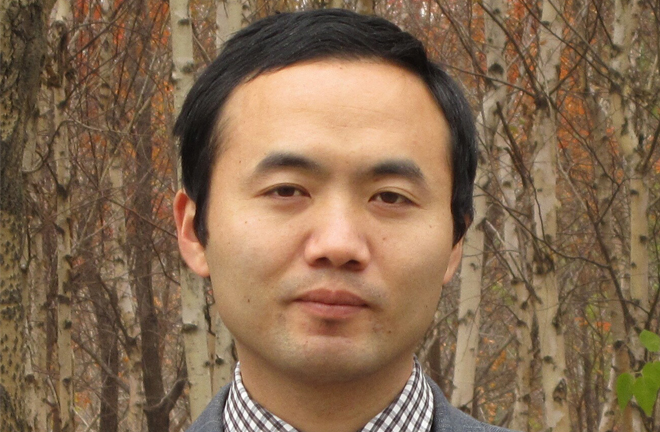MA FENG: Acquittals raise questions about US judicial system
 A rally was staged in New York on Dec. 3, 2014, to protest a grand jury’s decision to acquit white police officer Daniel Pantaleo for the chokehold death of African-American Eric Garner. The incident, which happened on July 17, 2014, was one in a series of recent cases involving fatal violence by US police.
A rally was staged in New York on Dec. 3, 2014, to protest a grand jury’s decision to acquit white police officer Daniel Pantaleo for the chokehold death of African-American Eric Garner. The incident, which happened on July 17, 2014, was one in a series of recent cases involving fatal violence by US police.
The Garner case was preceded by the death on Aug. 9, 2014, of unarmed African-American teenager Michael Brown in Ferguson, Missouri. Brown was shot dead by Darren Wilson, a white police officer. The decision by a grand jury in Missouri to acquit Wilson on Nov. 24, 2014, triggered unrest and protests in Ferguson that spread to other US cities. Faced with these violent incidents, the US government expressed its respect for the judicial process and regret over the police’s conduct. However, they were unwilling to change the current situation through executive power.
What is the core reason for incidents of excessive violence by police? What caused the present dilemma faced by the US government, and who bears responsibility for protests against racial discrimination? Pantaleo, as the perpetrator in the Garner case, should only bear criminal and civil liability for his conduct. It was members of the grand jury, who to a large extent escalated a simple criminal case to a social problem, who are responsible. Jurors may determine the life and death of a person without bearing any responsibility. They claim respect for judicial independence and power, but excessively abuse their democratic rights. They exert the tyranny of a minority in the name of democracy.
There have been various views of the jury system since it came into being. The jury system represents Western democratic politics in terms of judiciary. It is also a tool for safeguarding existing interests of mainstream groups, reflecting oppression and even devastation from mainstream ideology to weak or emerging groups. The best-known case was the decision made by the Athens jury court to sentence Socrates (469-399 BC) to death. The jury system had such apparent defects in the ancient Greece period (800-146 BC), yet its legacy of hindering social development and destroying social stability has continued over thousands of years, resulting in jurors exercising privileges of the few in the name of democracy. The jury system has made it legal for vested interest owners to maintain their own interests.
Take the Garner case, for example, in which a grand jury decided not to indict Pantaleo. It appeared that the jury represented democracy and made a legal judgment. However, large-scale protests in New York also indicated demands of democracy. Who really represents the public’s will: a dozen jurors or hundreds of protesters? It is very easy to get an answer. However, only jurors chosen by the court could dominate the jury’s decision.
In the current pluralistic society, diversified interests and value orientations also require diversified democratic representative sources. Representing US democratic system, the jury system reflects both its advantages and inherent defects. The defects of the US democratic system are rooted in the ideology of racial superiority. There has been internal racial superiority since the US came into being. With US international status improved after World War II, this superiority was more prominent in its internal and external affairs. Only by changing the concept of racial discrimination in mainstream ideology can the US democratic system develop well. The defects of the US jury system can therefore be changed. We must understand this when reviewing recent events concerning excessive use of violence by US police.
Ma Feng is from the School of History at Northwest University in Shaanxi Province.
